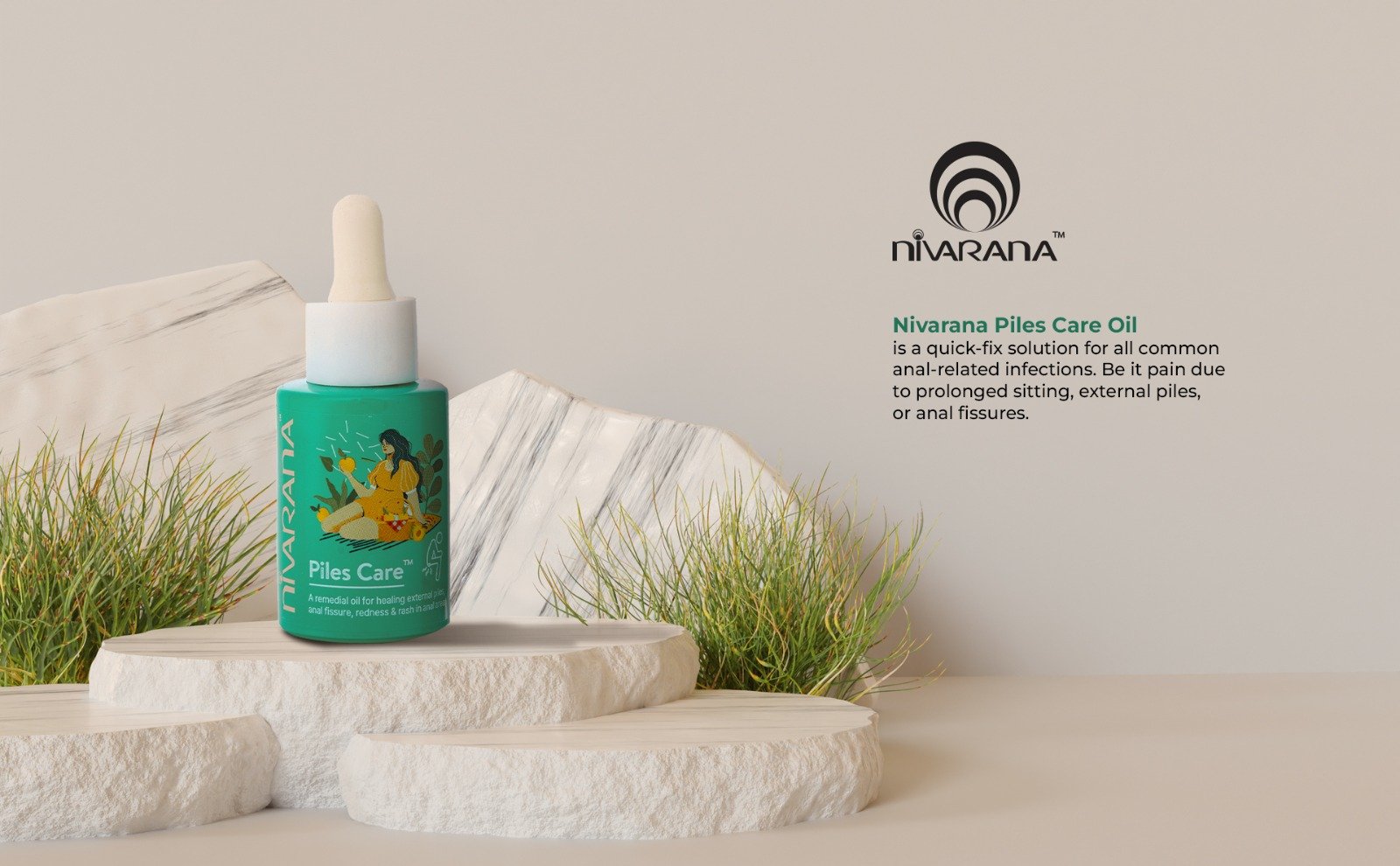Piles, also known as haemorrhoids, are a common condition characterized by swollen veins in the anal region. In Ayurveda, piles are classified as Arsha, and the treatment involves a holistic approach focusing on dietary modifications, lifestyle changes, and herbal remedies. Incorporating ingredients like safflower oil, Piper longum, Saussurea lappa, Baliospermum montanum, Plumbago zeylanica, Argemone Mexicana, and Ocimum sanctum can be beneficial for managing piles effectively. This article aims to explore the medicinal properties of these ingredients and provide dietary recommendations to alleviate the symptoms of piles
- Safflower Oil (Carthamus tinctorius):
Safflower oil is rich in antioxidants and possesses anti-inflammatory properties, making it beneficial for reducing inflammation and pain associated with piles. It can be used topically to soothe the affected area and promote healing. Additionally, consuming safflower oil internally may help improve digestion and prevent constipation, a common risk factor for developing piles. - Piper Longum (Pippali):
Piper longum, also known as long pepper, has been traditionally used in Ayurveda for its digestive and carminative properties. It aids in digestion, relieves flatulence, and promotes bowel movement, which can help alleviate constipation—a leading cause of piles. Piper longum also exhibits anti-inflammatory and analgesic effects, which can provide relief from pain and swelling associated with piles. - Saussurea Lappa (Kuth):
Saussurea lappa, commonly known as costus or kuth, is renowned for its anti-inflammatory and analgesic properties. It helps reduce swelling, inflammation, and pain associated with piles. When applied externally, it can provide soothing relief to the affected area. Additionally, Saussurea lappa aids in improving digestion and regulating bowel movements, which is essential for managing piles. - Baliospermum Montanum (Danti): Baliospermum montanum, also called danti, possesses laxative properties that aid in relieving constipation and promoting regular bowel movements. It helps soften stools, making them easier to pass and reducing the strain on the anal veins. Additionally, Baliospermum montanum exhibits anti-inflammatory effects, which can help alleviate the symptoms of piles when applied externally.
- Plumbago Zeylanica (Chitrak):
Plumbago zeylanica, commonly known as chitrak, is valued in Ayurveda for its digestive and anti-inflammatory properties. It aids in digestion, stimulates appetite, and improves metabolism. When applied externally, Plumbago zeylanica can help reduce swelling and inflammation associated with piles. However, it should be used cautiously in appropriate formulations due to its potent nature. - Argemone Mexicana (Satyanashi):
Argemone Mexicana, also known as satyanashi or prickly poppy, possesses analgesic and anti-inflammatory properties, which can help alleviate pain and swelling associated with piles. It can be applied topically to the affected area to provide relief. However, it is essential to use Argemone Mexicana under the guidance of a qualified Ayurvedic practitioner due to its potential toxicity. - Ocimum Sanctum (Tulsi):
Ocimum sanctum, commonly known as holy basil or tulsi, is revered in Ayurveda for its numerous therapeutic properties. It exhibits anti-inflammatory, analgesic, and antioxidant effects, which can help alleviate the symptoms of piles. Tulsi also supports digestive health, regulates bowel movements, and strengthens the immune system. Consuming tulsi leaves or its extract regularly can be beneficial for managing piles.
External Application:
A herbal paste or oil prepared using the above-mentioned ingredients can be applied externally to the affected area for symptomatic relief from piles. Mixtures containing safflower oil as a base along with Piper longum, Saussurea lappa, Baliospermum montanum, Plumbago zeylanica, Argemone Mexicana, and Ocimum sanctum can be prepared and applied gently to the anal region.
Dietary Recommendations:
In addition to herbal remedies, dietary modifications play a crucial role in managing piles. Here are some dietary recommendations:
High-Fiber Foods: Include plenty of high-fiber foods such as fruits, vegetables, whole grains, and legumes in your diet. Fiber helps soften stools and promotes regular bowel movements, reducing the risk of constipation and straining during defecation.
Hydration: Drink an adequate amount of water throughout the day to stay hydrated. Water helps soften stools, making them easier to pass and preventing constipation.
Avoid Spicy and Fried Foods: Spicy and fried foods can irritate the digestive tract and exacerbate symptoms of piles. Limit the consumption of such foods to prevent discomfort.
Healthy Fats: Incorporate healthy fats such as those found in nuts, seeds, avocados, and fatty fish into your diet. These fats help lubricate the digestive system and promote smooth bowel movements.
Probiotics: Consume probiotic-rich foods such as yogurt, kefir, and fermented vegetables to maintain a healthy gut flora. Probiotics aid in digestion and regulate bowel movements, reducing the risk of constipation.
Herbal Teas: Drink herbal teas such as chamomile, peppermint, or ginger tea, which have soothing properties and can help alleviate digestive discomfort.
Avoid Straining: Avoid straining during bowel movements as it can worsen the symptoms of piles. Use a squatting position or a stool to elevate your feet while defecating to facilitate easier bowel movements.
Regular Exercise: Engage in regular physical activity such as walking, swimming, or yoga to promote digestion, improve circulation, and prevent constipation.
By incorporating these Ayurvedic remedies and dietary recommendations into your lifestyle, you can effectively manage piles and alleviate associated symptoms.
Product Link : https://nivarana.in/product/nivarana-piles-care-oil/

